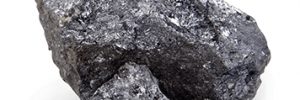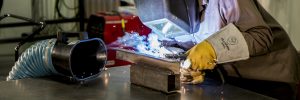
Cities across the United States have been ordering shelter-in-place or stay-at-home orders to try to prevent the spread of the coronavirus. These measures have drastically changed the way people work requiring more workers to be able to work from home. Non-essential businesses and factories have been closing but employees still want to work to maintain… Learn More

 Made in the USA
Made in the USA


